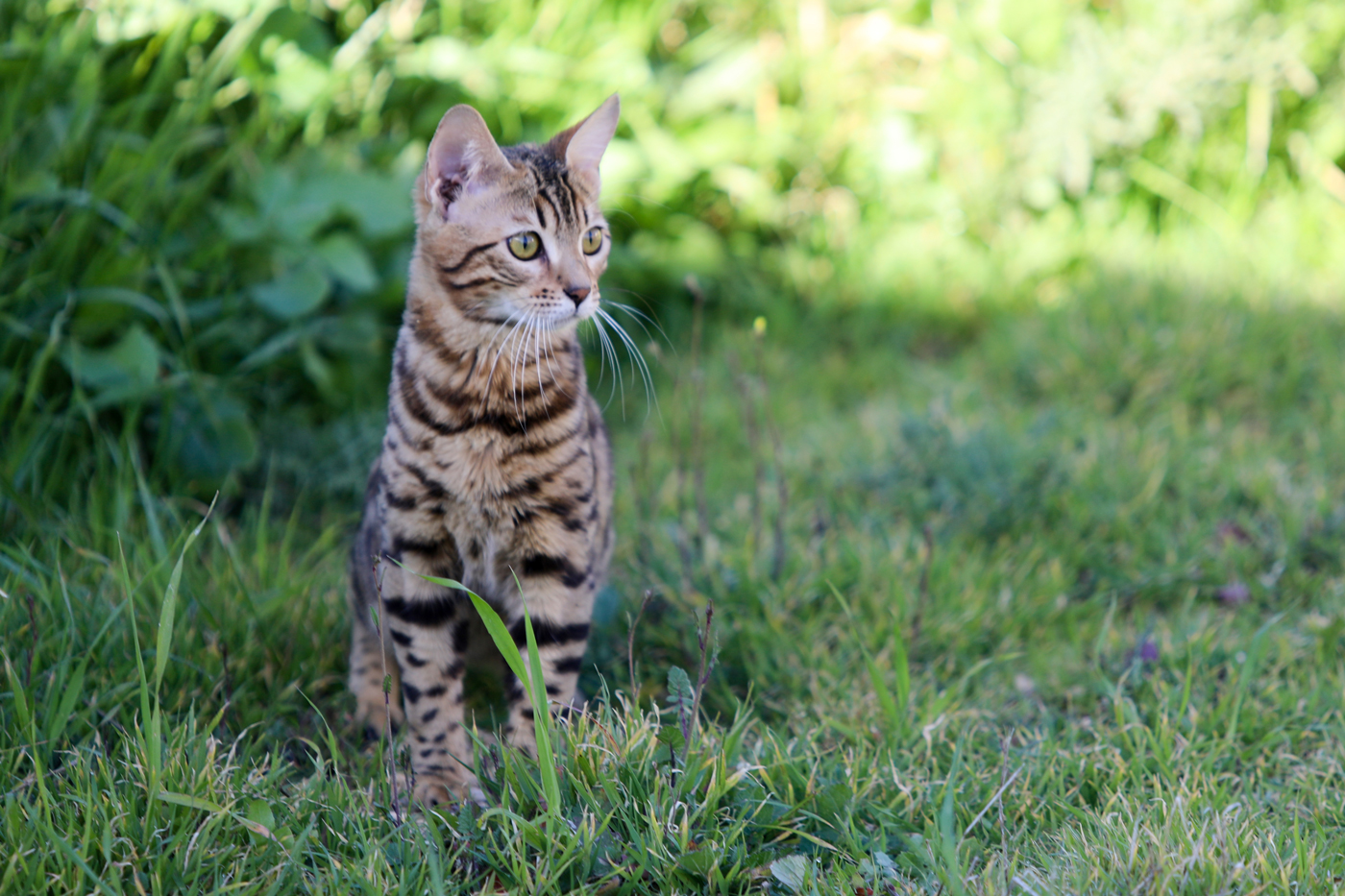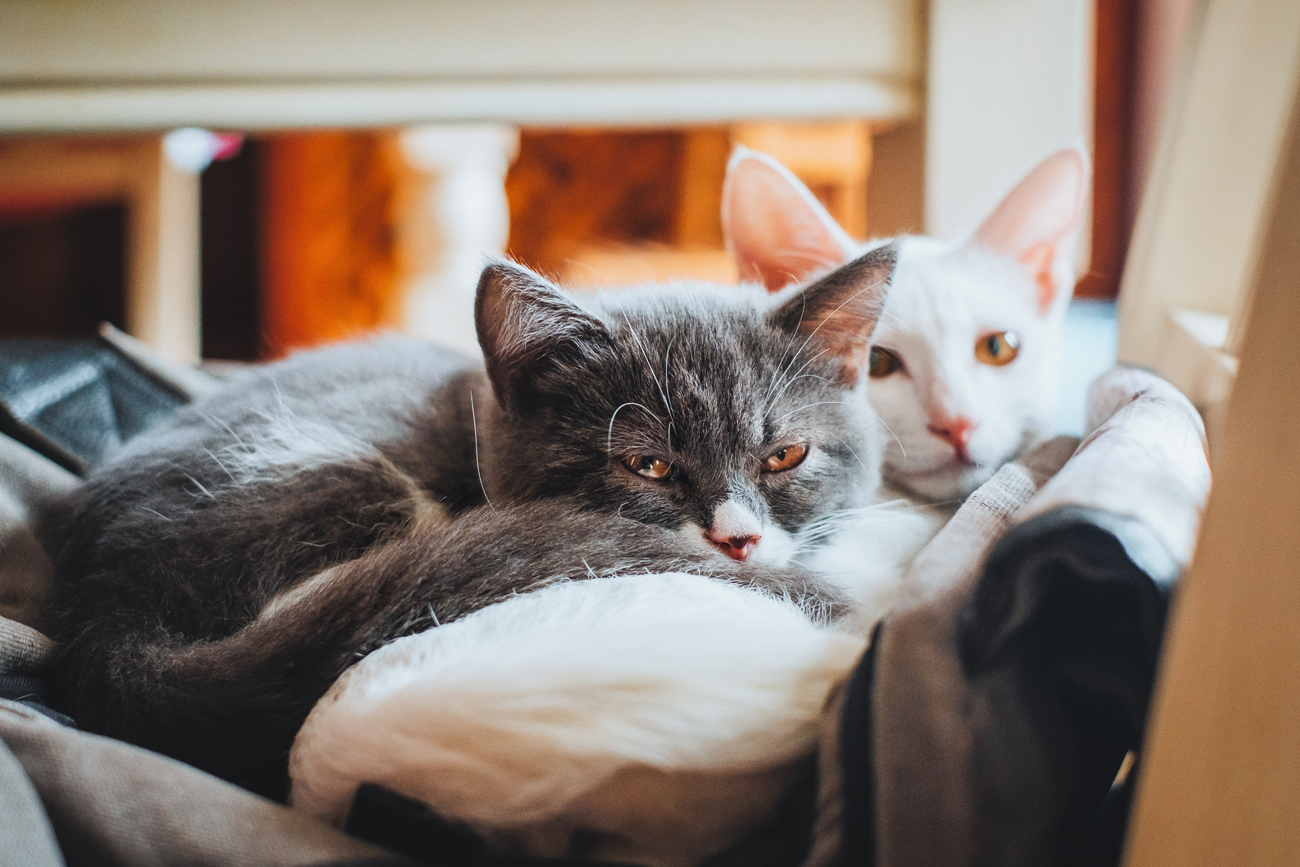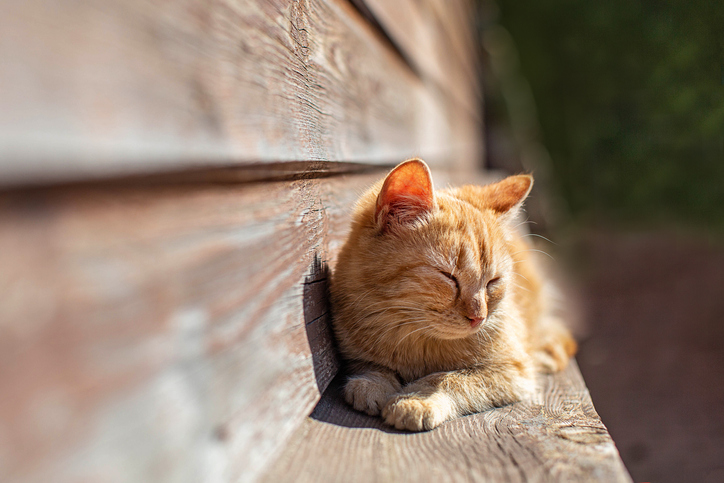
What is FIV in cats?
11th August, 2021
From dental disease and flea infestation to obesity and injuries there are many common conditions your older cat may have to deal with during their life.
However, an illness you might not have heard of, but which affects between 3 to 6% of UK cats is FIV (Feline immunodeficiency virus). Read our guide to FIV to get informed on this very worrying health condition.
Having pet insurance for senior cats is a great way to protect yourself against the financial fall-out from such serious feline illnesses.
Get a quote from Petwise today and let our team help you to give your older cat the protection they deserve.
What is FIV?
Similar to the HIV virus that causes AIDS in humans, FIV infects the white blood cells of a cat’s immune system, killing or damaging them. Like all animals, cats need a healthy and fully functioning immune system in order to fight off infections and other diseases.
While a cat with FIV may show few symptoms for many years, they will have a greater risk of disease and infection from other viruses and bacteria. Unfortunately, after a cat has become infected with FIV, it’s permanent.
The International Cat Care charity states there is no risk of infection for people in contact with FIV-infected cats.
How do cats catch FIV?
While FIV infection rates do vary across the UK, there are a number of risk factors making some cats more likely to catch it.
Unneutered males and free-roaming outdoor cats are considered most at risk. This is because FIV is usually transmitted via severe bites from an infected cat. FIV is just one of the reasons people neuter cats and keep them indoors.
Occasionally an infected mother cat has passed on the infection to her kittens through her milk. However, if kittens do test positive for FIV then they should be re-tested as this may be a false positive.
According to Cats Protection, FIV is not easily passed between cats. So most owners shouldn’t worry too much. A neutered cat, who is well looked after and kept in (at least at night), will probably never come into contact with FIV.

Is there a cure?
Unfortunately, there’s no known cure yet. Prevention is the only option as once a cat is infected, they have FIV for life. In terms of FIV vaccinations, none are currently available in the UK.
How to avoid FIV
The single biggest way to prevent FIV is to neuter your cat. Once a cat is neutered they are far less likely to be involved in fights or suffer serious bites. Another way to cut down on the possibility of such injuries is to keep your cat indoors at night.
Neutering is one of the best ways to keep them happier and healthier in the long run.
If you live in an area busy with rival cats, maybe consider keeping your cat indoors all the time. Working out which is right for you and your cat isn’t always straightforward. But the avoidance of such a serious illness could make the difference when balancing an indoor versus outdoor life.
Alternatively, you could train your cat to walk on a harness and lead, although this isn’t so common in the UK. This could be an option, particularly if your cat is used to it from a young age.
How can I tell if my cat has FIV?
All responsible owners will keep a close eye on their cat's health as part of their day-to-day life together.
While there are no specific symptoms of FIV, if your cat has a lot of minor illnesses – such as snuffles, diarrhoea and so on – then it might be worth discussing the possibility of FIV with your vet.
This is certainly important if you notice infections or diseases gradually getting worse over time, and not responding well to treatment.
Some of the most common signs seen in FIV infected cats are:
- Weight loss.
- Recurrent fever. Check out our recent guide on how to care for a cat with a fever for some tips.
- Enlarged lymph nodes.
- Inflammation of the gums and mouth.
- Recurring diseases of the skin, eyes, lungs or gut.
- Neurological disease.
Having the appropriate pet insurance for older cats is vital when dealing with such recurring illnesses. You never want the worry of a vet’s bill to delay getting the right treatment.

Caring for a cat with FIV
If your worst fears are realised and your beloved cat is diagnosed with FIV then don’t despair.
Many FIV-infected cats live perfectly happy lives for many years. Indeed, some never seem to show any ill effects.
So, your main aim when caring for a FIV-infected cat is to maintain their quality of life and to prevent further spread of FIV to other cats.
Follow these top tips to ensure a full and happy life for your beloved pet.
- Consider neutering – It’s important to neuter your FIV-infected cat to reduce the risk of fighting and spreading infection.
- Keep FIV-positive cats indoors – The benefits of this are two-fold. First, it helps prevent the spread of infection to other cats. Second, it reduces the FIV-infected cat’s exposure to other infections and diseases. The Blue Cross animal charity suggests creating a garden enclosure if you want to keep your previously outdoors cat fit and happy.
- Maintain good nutrition – Using a good quality, age-appropriate food reduces exposure to potential parasites and bacteria that might cause disease.
- Keep up with regular flea and worm treatment – Along with routine vaccinations and boosters.
- Attend veterinary health checks – Monitoring your cat’s health and providing quick and appropriate treatment for any illnesses and diseases.
Great pet protection from Petwise
All cats deserve the opportunity to stay fit and healthy well into their senior years. That’s why at Petwise there’s no upper joining age limit for our pet insurance for older cats.
There’s a choice of seven cover levels of insurance with dental cover included as standard on all policies. There’s also a contribution towards specialist senior cat food, farewell cover and an invaluable bereavement helpline.
Finding pet insurance for older cats couldn’t be easier with Petwise – get a quick quote today.
Policy benefits, features and discounts offered may very between insurance schemes or cover selected and are subject to underwriting criteria. Information contained within this article is accurate at the time of publishing but may be subject to change.